Salvation interview
Salvation recorded two albums. Originally formed by singer Al Linde and guitarist Joe Tate. Bassist Artie McLean, keyboardist Art Resnick, and drummer Teddy Stewart later completed the original lineup, which at first called itself “The New Salvation Army Banned.”
Interview with guitarist Joe Tate
Where and when did you grow up? Was music a big part of your family life? Did the local music scene influence you or inspire you to play music?
I grew up in St. Louis, Mo. My parents were both musical. My dad played tuba in the Salvation Army Band and my mother played the guitar and sang. She wasn’t great on the guitar but she was always singing, mostly hymns and country. I was hung up on rock and roll, blues and some jazz. Ike & Tina Turner were ever-present in St. Louis and I often went to see them at the New Lindy Ballroom which was just a couple block from my school Normandy High. Their style of music is my main bag, I guess. When they recorded, “A Fool In Love,” it was a hit, they became famous and we never saw them again.
I would say they were my main influence, but I was also sucked into the Beatles, Stones, Motown and R&B.
When did you begin playing music? What was your first instrument? Who were your major influences?
My first instrument was violin, which I didn’t particularly like. I started playing guitar in high school where I was first taught by my classmate, Dennis Linde. Dennis went to Nashville after he graduated and wrote, “Hunka Hunka Burning Love,” which was recorded by Elvis Presley.
What bands were you a member of prior to the formation of Salvation? How old were you when your first band formed? What was your role in these bands? When was the first gig you ever played? Do you recall the first song you performed before an audience?
My first band was a garage band in St. Louis. I don’t think we ever had a name. We just played parties and stuff. Never played a paying gig. After high school, I worked in the ICBM program in Lincoln Nebraska, where I played with a top forty band which was just a step above garage band.
In August 1963, I was 22 years old, home from college and working on a Mr. Softie truck in St. Louis, MO. A dead end job if there ever was one. I probably should have been trying to develop my investment portfolio, but I was absorbed in social issues and learning to play guitar. I went to the march on Washington with MLK and stood at the steps of the Lincoln Memorial where I heard the Dream speech.
I returned to UM that fall where I was studying Nuclear Physics. On Halloween Night, I was seriously injured in an auto accident. 22 days later JFK was killed. As I lay in the hospital, watching the events unfold, I felt that we were being deceived both by the government and the media. When I felt well enough, I decided to come to California to finish my education.
I got a job fixing TVs in El Cerrito. When I went to the UC Berkeley’s registrars office in December 1964, I couldn’t get in because of the Sproul Hall Demonstrations.
Mario Savio was speaking about student grievances in a speech that rivaled MLK’s speech that I had heard a year earlier. I met Gary Blum here playing guitar, smoking pot for the first time. We both joined the band, “Red Shepard And The Flock.” I decided Nuclear physics was wrong for me and became a full time musician.
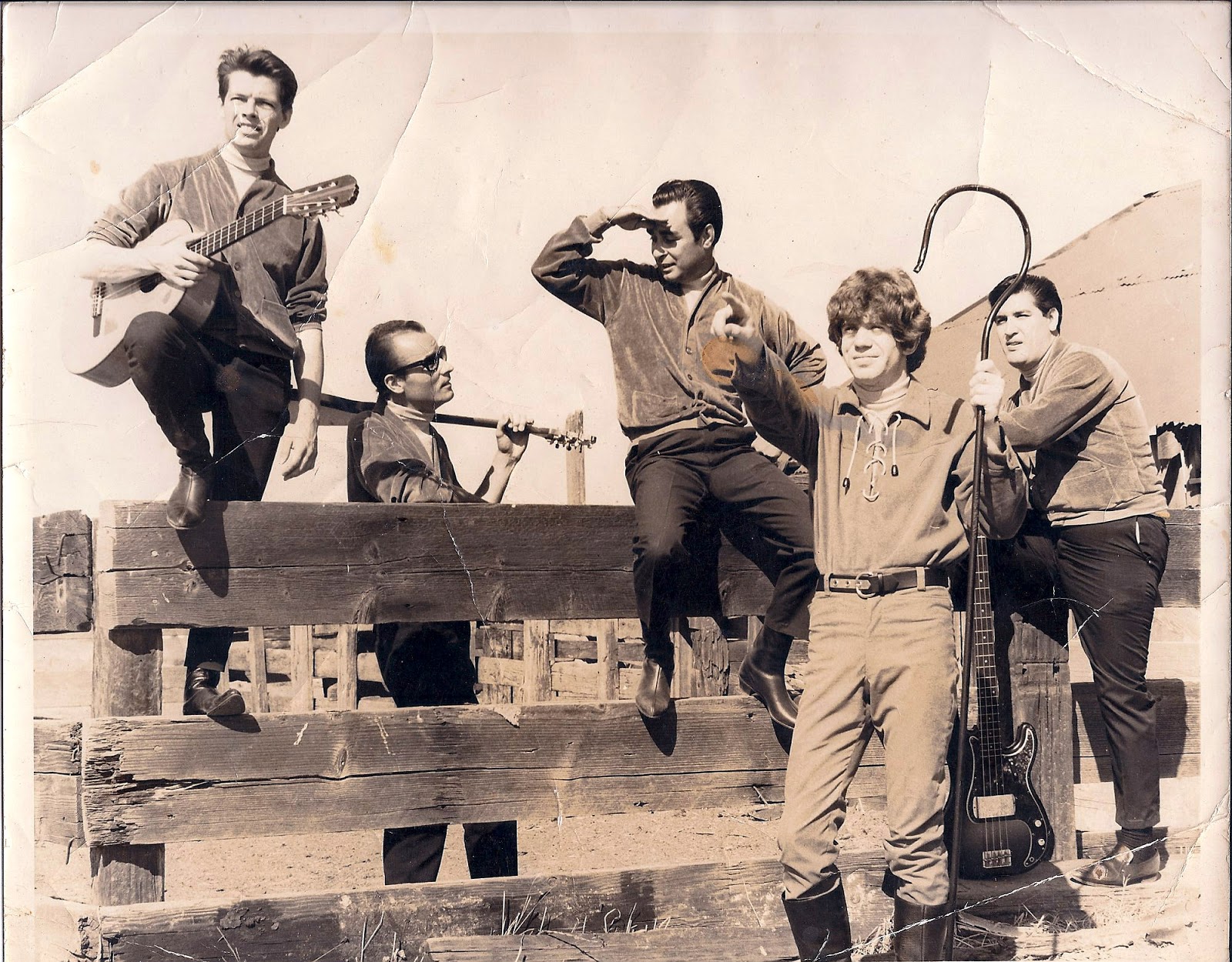
We played East Bay gigs; The Pablo Club, Vera’s Village. Los Vegas with Brian Wilson. Dana Villa in Dana Point. At the Pablo Club, I met Michael Aragon and played with him at Prince Charlie’s in Tiburon where I also met Adam Fourman. Adam would play an important part of my musical upbringing. On tour in Colorado, Red stole our money and stranded us.
Red went on to become lead singer in the LA production of Hair. I went on to form “The Creatures,” a trio in which all three players were named Joe.
“The Salvation Army sued us over the use of the name and we changed it to just Salvation.”
“The New Salvation Army Banned” was next. I had been practising with Al Linde a singer-songwriter I met while playing with Red at the Dana Villa. We got a call from a SF agent named Brian Cohen who had a gig for us at the Roaring Twenties in North Beach, SF. It was 5 nights a week playing in a topless club at about the Filmore and Avalon Ballroom were starting to happen. We got lucky and were hired by Chet Helms and Later on Bill Graham to play those venues.
The Salvation Army sued us over the use of the name and we changed it to just “Salvation.”
In the summer of ‘67 I rented a houseboat in Sausalito. While there I saw Otis Redding walk down our dock and hang out at the end for a while. When he left I spoke with my neighbours who saw him too. We all wondered what he might be doing there.
A month later, Bill Graham called and hired us to open for Otis Redding at his Christmas show in December. Well I was really thrilled about this. Unfortunately, Otis was killed on Dec. 11. Chuck Berry and the Doors were hired instead at the last minute.
A couple months after the Christmas show, “Dock Of The Bay” came out and we realized what Otis had been doing that day.
Salvation recorded two LPs which didn’t do well. One Song, “GI Joe,” got a lot of radio play in Seattle. As a result, we headlined at the Sky River Rock Festival in ‘68 I think. We also played the “Magic Mountain Music Festival” on Mt Tam in Marin County. This was the prototype of all subsequent rock festivals, including Woodstock.
What was the first song you ever composed?
About 1965, I was learning bossa nova from Brazil ‘65 (Sérgio Mendes). Using the chords I learned from this music, I composed a simple instrumental song, which I have long since forgotten.
Do you remember the first song the band played? How was the band accepted by the audience?
We first played a song by Al Linde called, “More Than It Seems.” It is a beautiful and haunting song which was enthusiastically received. I sang it at Al Linde’s last rites. The lyrics were actually in the form of an eulogy. I have the disk somewhere.
What sort of venues did Salvation play early on? Where were they located?
Roaring Twenties Nightclub, Avalon Ballroom, Fillmore Auditorium, Winterland, California Hall; all in San Francisco.
The Ark, Magic Mountain Music Festival; Marin County.
Sky River Rock Festival; Seattle.
Cafe A Go Go, Shriners Auditorium, Griffith Park; LA Area.
Village Theater, Square Gardens, Small clubs in the Village; New York.
How did you decide to use the name “Salvation”?
Kind of in remembrance of my father.
What was the writing and arranging process like? Did all the members have input?
Al wrote most of the songs. We would go over them at rehearsal working out the arrangements with the whole band.
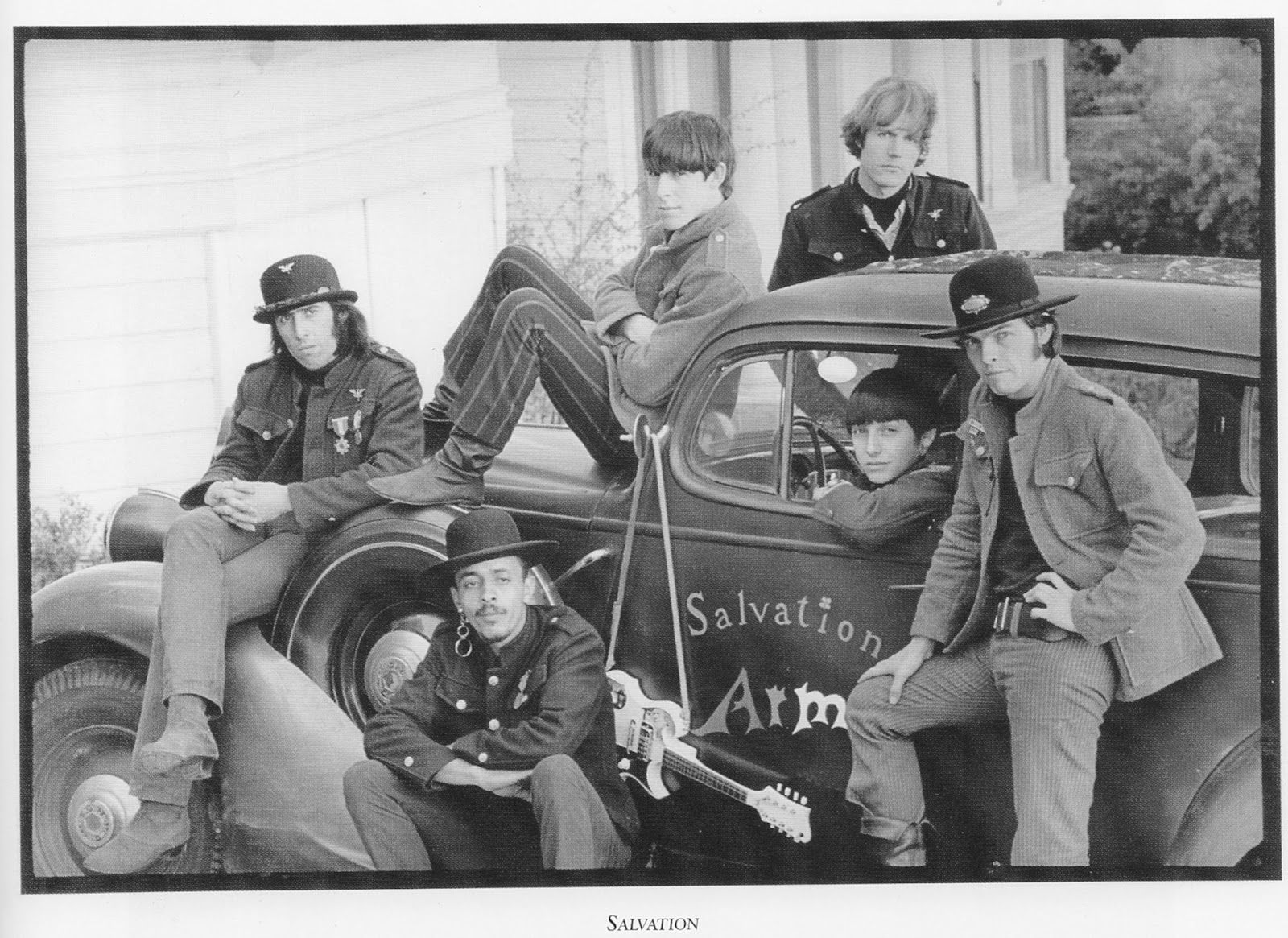
How did Salvation come to sign with ABC Records? Did you have other offers? What were the terms of the contract with ABC? How excited was the band to get a contract?
They called us. We had a following and were well known around SF. We didn’t give it much thought and signed up at the first offer. Probably a mistake.
Two singles and two albums were recorded. Did the singles garner any radio airplay?
Only “GI Joe,” which I wrote, got much airplay and only in Seattle. Looking back, we should have had an agent and publicist. “GI Joe” is an anti-war song which I rerecorded in 2014 with The Hippie Voices.
What influenced the band’s sound?
We were all swept up into the SF sound that was popular at the time. I don’t think we broke any ground with a new sound. It was all well played and received good audience response.
Did the size of audiences increase following the release of these singles?
Definitely. There were 60,000 people at the Sky River Rock Festival.
What’s the story behind your debut album? Where did you record it? What kind of equipment did you use and who was the producer? How many hours did you spend in the studio?
Al and I selected the songs and we recorded at Columbia Studio A in Hollywood. We rehearsed for a couple days and wound up renting some amps because our gig amps were too noisy. We had a bunch of Standel amps that were huge. They were new transistor amps and I didn’t like their sound. I’m glad we rented some quality stuff for the sessions. The recordings were completed in about three days. It was produced by Bob Thiele. We had a couple good studio musicians lend a hand including Tom Scott (sax) and Bill Plummer (sitar).
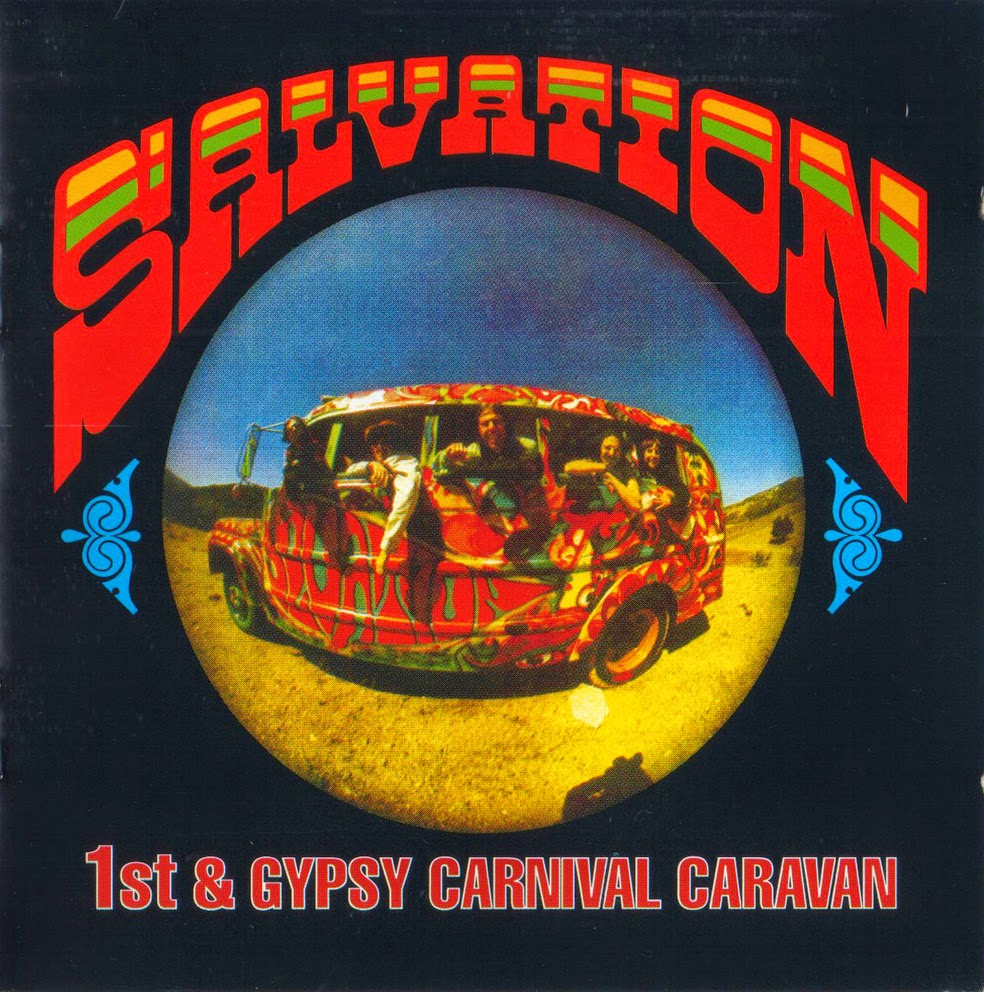
How about your second album Gypsy Carnival Caravan?
It wasn’t as good. We were burning out from too much speed, too much work and not enough inspiration.
“Amphetamines, Barbituates, Acid, Grass, Smack, DMT, Peyote; these were all on the menu.”
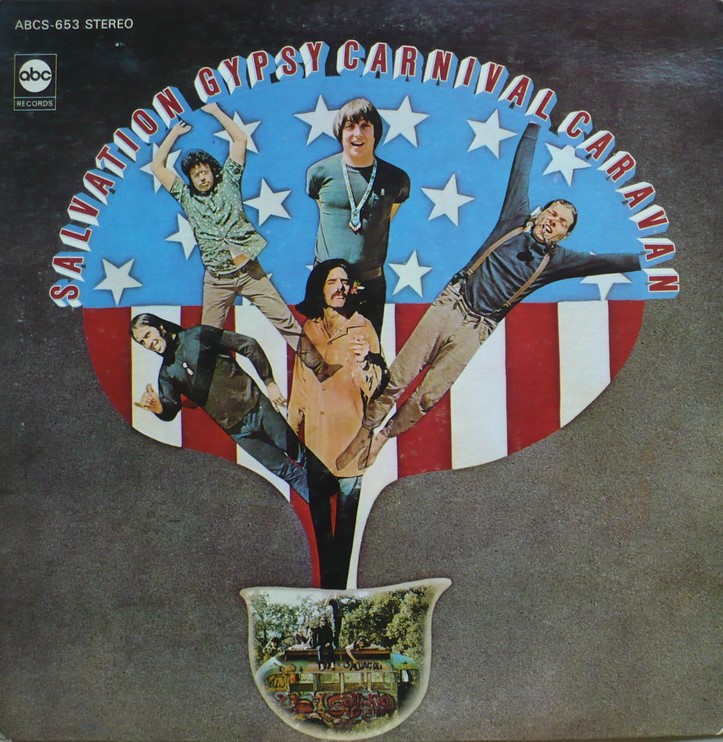
Please share your recollections of the sessions. How were the songs that made it onto the LP selected?
As noted above, Al and I selected all the material. No one else cared, I think. Again, we didn’t break any new ground but we gave it our best and created a product I’ll always cherish.
Were you inspired by psychoactive substances like LSD at the time of writing the album? What’s your opinion about it?
Amphetamines, Barbituates, Acid, Grass, Smack, DMT, Peyote; these were all on the menu. I was a lightweight user and from my perspective, the heavy use of drugs by my colleagues brought the music and the band down. It wasn’t my last experience with this effect either.
How pleased was the band with the sound of the albums? What, if anything, would you like to have been different from the finished product?
I didn’t think they were great. I wish we had done better arranging with call and response singing, more lyrical playing and better production values.
How were sales of the albums? What about radio airplay? Did the LP make the charts anywhere?
Poor sales with no promotion that I could perceive. About the only airplay I know of was for “GI Joe” in Seattle.
Did the band tour to support the LP?
We never were organized enough to do a tour. I still have no expertise in this area.
What happened after the band stopped? Were you still in touch with other members? Is any member still involved with the music?
I didn’t play in bands for awhile until I formed “The Redlegs” in Sausalito. We played mostly private parties and often put on our own shows which were notorious in Marin County. We played Winterland a couple of times and were quite active at the ARK in Sausalito. We made a movie about the houseboat wars of Sausalito (see here).
“The Redlegs” never bothered to record, although there are some bootleg party recordings around.
I keep in touch with Ted Stewart our drummer who leads a good R&B band in the east bay. He occasionally plays with The Hippie Voices or the Blue Monday Band, which I also lead. Art Resnick lives in Oregon and is still musically active. Artie McClean lives in SoCal aboard his boat and we communicate via Facebook.
Looking back, what was the highlight of your time in the band? Which songs are you most proud of? Why? Where and when was your most memorable gig? What makes it memorable?
The highlight for me was the Magic Mountain Music Festival in 1967. In fact, everything in 1967 was a gas. Well “GI Joe” is the most solid thing for me. But I certainly love “More Than It Seems.” I like these songs because they carry the most meaning for me.
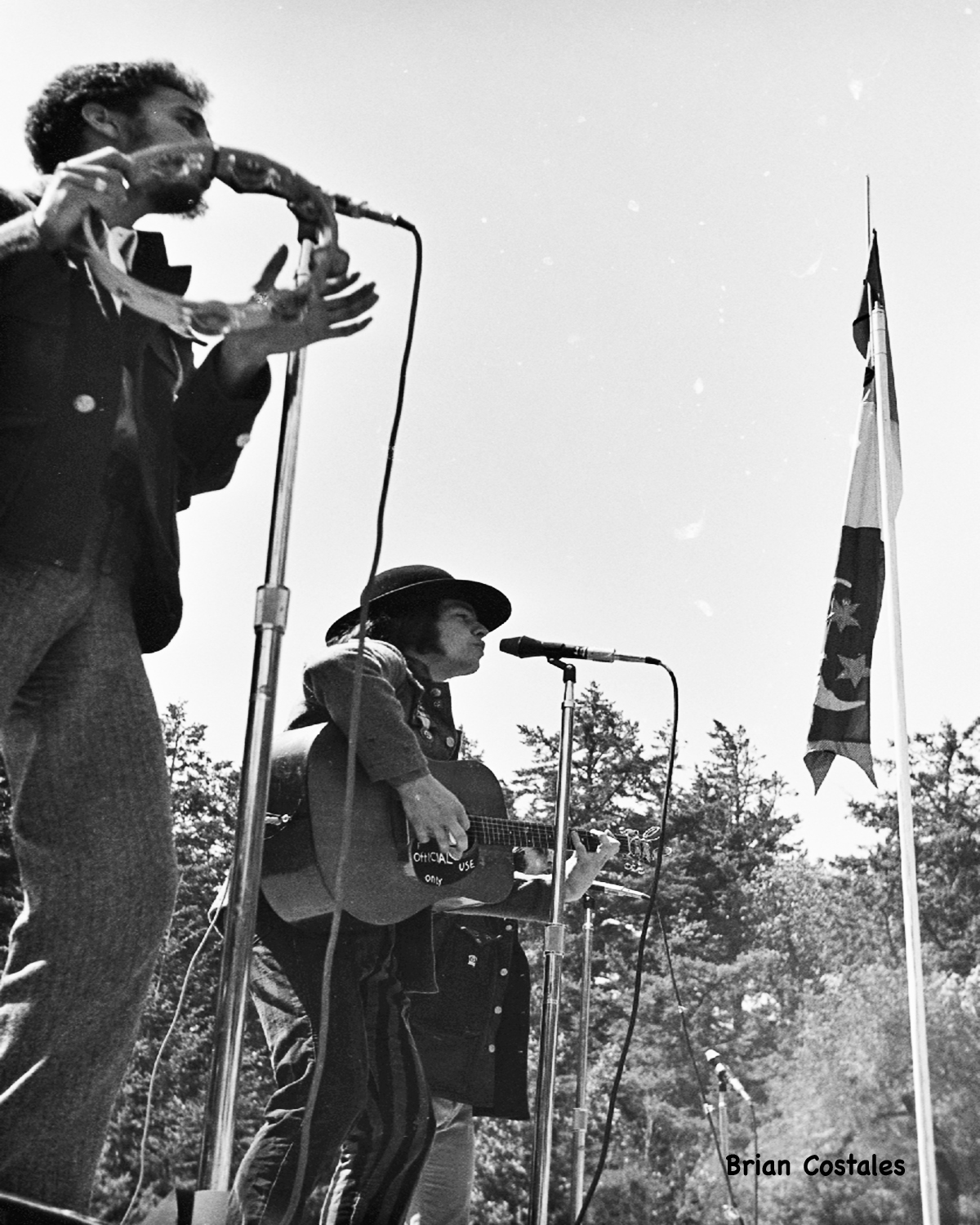
What are some of your favorite memories from Salvation and the 60s in general?
Living in a big house in the Haight Ashbury while playing nightly at the Roaring Twenties was the time when I met my first wife and mother of my children. I’ll always remember this was when I made lifelong friends, a time when drugs weren’t hanging us up. Though many of these friends are gone now, I still get a warm feeling when I think of the peace and love we experienced.
What were some of your favourite bands?
Sons of Champlin, Ike & Tina Turner, Quicksilver, The Dead, Otis Redding, Wilson Pickett, Canned Heat, Blues Project and many more. BTW, Blues Project drummer, Roy Blumenfeld now plays in my Blue Monday Band. We’re at the Sausalito Cruising Club every Monday night.
What currently occupies your life?
Grandchildren, playing music and any kind of party activity. I also invent stuff. I have several patents on noise cancelling microphones.
Thank you for taking your time. Last word is yours.
I’m pleased that someone is still interested in this stuff. Normally, whenever the media covers the Summer Of Love and the SF sound, no mention is made of us. That’s understandable though, because we produced no hits.
– Klemen Breznikar

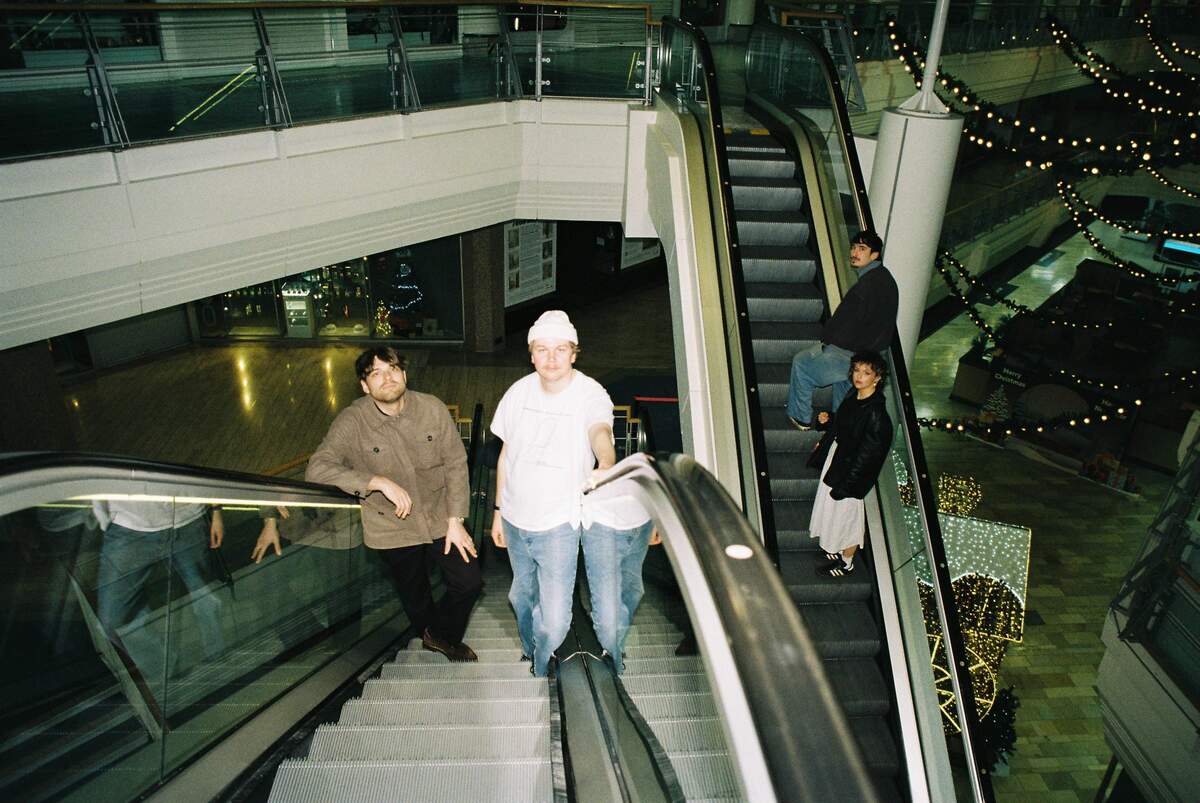


Awesome Mr. Tate, I’m a fan